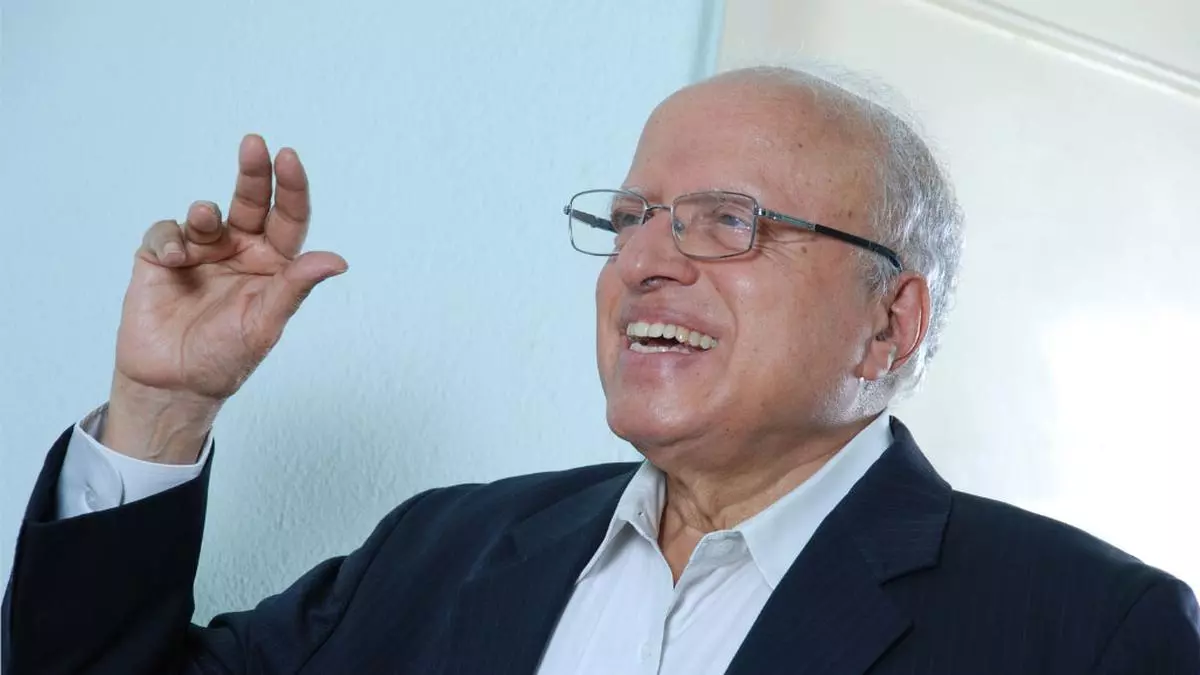M.S. Swaminathan, the renowned agricultural scientist who is often referred to as the Father of India’s Green Revolution, passed away in Chennai. He was 96 years old. Swaminathan played a pivotal role in transforming India’s agricultural sector, especially in the field of wheat production.
Born on August 7, 1925, in Kumbakonam, Tamil Nadu, Swaminathan dedicated his life to improving agricultural practices and ensuring food security in India. He completed his education at the Madras Agricultural College and later pursued higher studies in the United States.
Swaminathan’s most significant contribution came in the form of introducing high-yielding varieties of wheat during the 1960s. These varieties, combined with improved farming techniques and better irrigation facilities, helped increase wheat production significantly. This period became known as the Green Revolution, as it brought about a drastic increase in agricultural output and transformed India from a food-deficient nation to one that was self-sufficient in food production.
Apart from his work in agriculture, Swaminathan also championed the cause of sustainable development and environmental conservation. He emphasized the importance of preserving biodiversity and advocated for the use of eco-friendly farming practices.
Swaminathan received numerous accolades and honors for his contributions to agriculture and sustainable development. TIME magazine recognized him as one of the twenty most influential Asians of the 20th century, alongside luminaries such as Mahatma Gandhi and Rabindranath Tagore. He was the recipient of several prestigious awards, including the Padma Shri, Padma Bhushan, and Padma Vibhushan.
In addition to his scientific work, Swaminathan was actively involved in policy-making and served as a member of the Indian Parliament. He was also a prolific writer and authored several books and scientific papers, sharing his knowledge and insights with the world.
Swaminathan’s passing has left a void in the field of agriculture and sustainable development. His legacy as the Father of India’s Green Revolution will continue to inspire generations of scientists and policymakers in their quest for a more sustainable and food-secure future.











